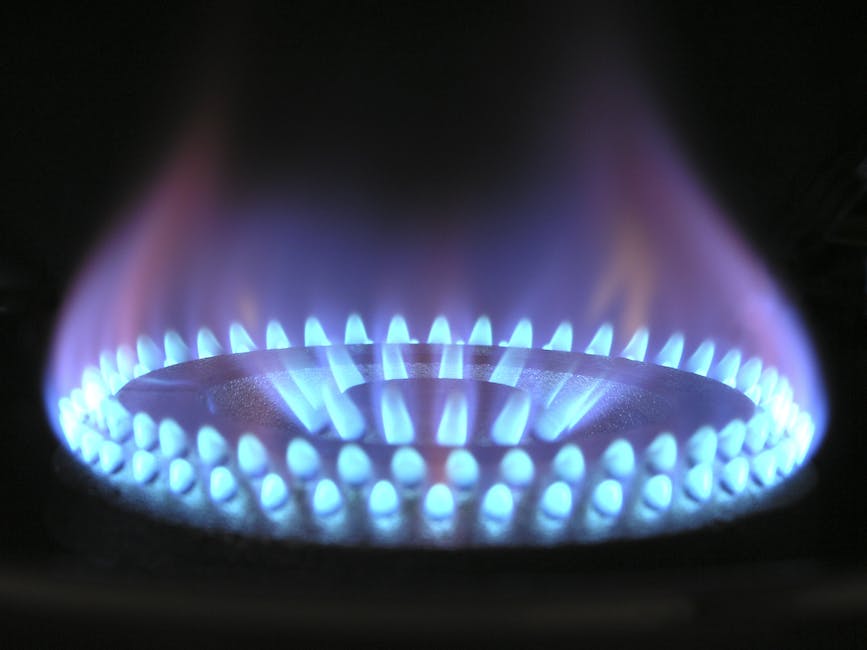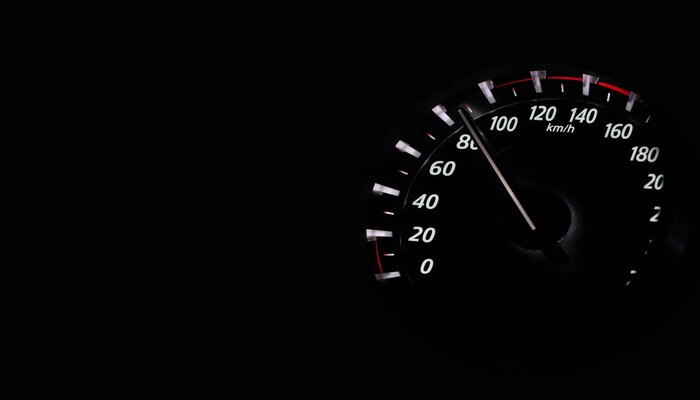If you hear a loud boom or explosion while driving your car and notice a sudden loss of control over your vehicle, you may be experiencing a tire blowout. As soon as you lose one of your car’s tires, your vehicle will immediately begin to lose speed and pull to one side. It’s incredibly easy for an inexperienced or unprepared driver to lose control of their car and crash after a tire blowout. In this article, we discuss common causes of tire blowouts, what to do if such an incident occurs, and the steps to follow after getting yourself to safety.
Why do Tire Blowouts Occur?
Tire blowouts can be caused by a number of factors, from unsafe roadways to incorrect tire pressure. Some of the most common causes of tire blowouts include:
- Dangerous roads: Potholes, debris, and uneven surfaces can cause significant damage to a vehicle's tire. Hitting a large object at a high rate of speed can cause the tire to blow out, particularly if the tire is already worn.
- Excessive weight: Exceeding your vehicle’s safe operating weight puts immense strain on the car’s structure and tires. This is especially dangerous if your vehicle’s tires aren’t rotated frequently, as infrequent wear can occur as a result and lead to one tire that’s weaker than the others.
- Punctures: Driving over a nail or other sharp debris can puncture your vehicle’s tire. Air will continuously escape the tire until the hole is repaired, which almost inevitably leads to a blowout if not fixed.
- Defective tires: Tires that are old or defective should be replaced, as they may increase a driver’s risk of getting into a collision.
- Uneven tread wear: When your tires aren’t rotated regularly, certain tires will incur more wear than others as time goes by. This uneven tread wear increases the chances of a catastrophic failure.
- Low air: When a tire has low pressure, it will begin to wear on the sides. This creates weak points in the tire where air can pass in and out, resulting in an eventual failure.
What to Do if a Tire Blowout Occurs
Experiencing a tire blowout can be terrifying, especially if you are traveling at a good rate of speed on a highway or other heavily-trafficked roadway. If you do experience a tire blowout, try your best to:
- Stay calm. Do not panic and overcorrect, as doing so will likely lead to you losing control of your car entirely.
- Do not slam on the brakes. If you do not have an anti-lock braking system (ABS), your wheels will lock up and you will be unable to steer. Even if you have ABS, you should not slam on the brakes, as your car will not handle normally with only three functional tires.
- Steer as straight as possible. Try and keep your car on as straight of a course as you can.
- Take your foot off the gas pedal. Allow your car to naturally begin to slow down by taking your foot off the accelerator.
- Steer your vehicle towards the shoulder or side of the road. When it is safe to do so, get out of the flow of traffic. If you’re on a highway, this likely means getting over to the shoulder and off the roadway. If you’re on a surface street, this may mean pulling over to the right side of the road or getting into a parking lot, if your car can make it safely.
- If you have the tools to do so, change the tire. Should you have a spare tire and the tools necessary to install it handy, go ahead and do so. If you don’t have a spare tire in your vehicle or are unable to complete the process, call a towing company for assistance. It is recommended that you drive no faster than fifty miles per hour and seventy total miles on a spare tire, as they are designed for short-term use in an emergency.
How Does Insurance Play a Role in a Tire Blowout?
Many insurance policies consider tire blowouts to be preventable incidents. In some cases, it is true that proper vehicle maintenance can significantly reduce the risk of a tire blowout occurring. Coverage for a tire blowout will depend on the circumstances surrounding the incident. If a tire blowout occurs due to vandalism, sabotage, or a motor vehicle collision, there is a higher chance that your insurance will cover the resulting damages.
The type of insurance coverage you need will depend on the outcome of the tire blowout. If you are able to control your car in the aftermath of the blowout and safely get off the road, the coverage you might need would be different than if you lost control and crashed into a fence or another vehicle. Once you’re in a safe place after the incident, give your insurance company a call to determine if you can submit a claim.
Protecting Yourself & Your Passengers From Tire Blowouts
By keeping your car in roadworthy condition and avoiding potholes and other roadway hazards, you can significantly reduce your chances of experiencing a tire blowout. We hope that this article helps you and your loved ones stay safe the next time you hit the road!







